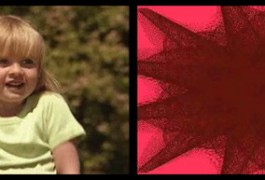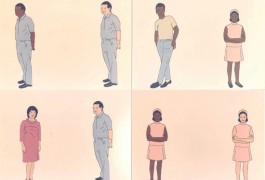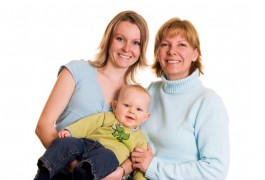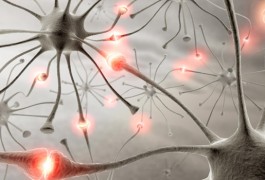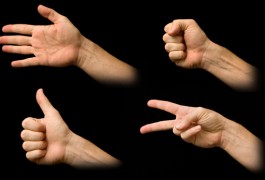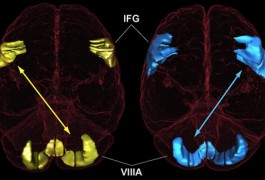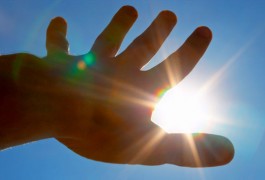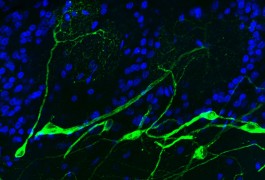Geometric gaze
Some children with autism prefer to look at geometric patterns rather than at ‘social’ images of other children — and this tendency is obvious as early as 14 months of age, according to a poster presented today at IMFAR 2010 in Philadelphia.







